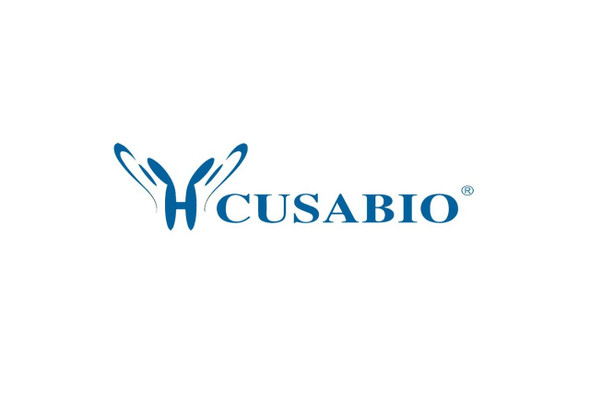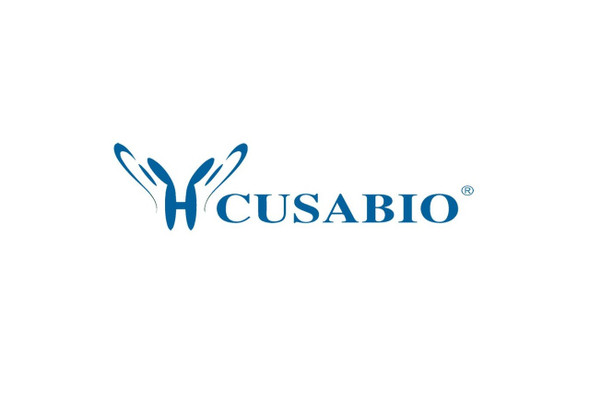Cusabio Polyclonal Antibodies
KITLG Antibody | CSB-PA012376ESR2HU
- SKU:
- CSB-PA012376ESR2HU
- Availability:
- 3 to 7 Working Days
Description
KITLG Antibody | CSB-PA012376ESR2HU | Cusabio
KITLG Antibody is Available at Gentaur Genprice with the fastest delivery.
Online Order Payment is possible or send quotation to info@gentaur.com.
Product Type: Polyclonal Antibody
Target Names: KITLG
Aliases: Kit ligand (Mast cell growth factor) (MGF) (Stem cell factor) (SCF) (c-Kit ligand) [Cleaved into: Soluble KIT ligand (sKITLG) ], KITLG, MGF SCF
Background: Ligand for the receptor-type protein-tyrosine kinase KIT. Plays an essential role in the regulation of cell survival and proliferation, hematopoiesis, stem cell maintenance, gametogenesis, mast cell development, migration and function, and in melanogenesis. KITLG/SCF binding can activate several signaling pathways. Promotes phosphorylation of PIK3R1, the regulatory subunit of phosphatidylinositol 3-kinase, and subsequent activation of the kinase AKT1. KITLG/SCF and KIT also transmit signals via GRB2 and activation of RAS, RAF1 and the MAP kinases MAPK1/ERK2 and/or MAPK3/ERK1. KITLG/SCF and KIT promote activation of STAT family members STAT1, STAT3 and STAT5. KITLG/SCF and KIT promote activation of PLCG1, leading to the production of the cellular signaling molecules diacylglycerol and inositol 1, 4, 5-trisphosphate. KITLG/SCF acts synergistically with other cytokines, probably interleukins.
Isotype: IgG
Conjugate: Non-conjugated
Clonality: Polyclonal
Uniport ID: P21583
Host Species: Rabbit
Species Reactivity: Human
Immunogen: Recombinant Human Kit ligand protein (26-214AA)
Immunogen Species: Human
Applications: ELISA, WB
Tested Applications: ELISA, WB; Recommended dilution: WB:1:500-1:2000
Purification Method: Antigen Affinity Purified
Dilution Ratio1: ELISA:1:2000-1:10000
Dilution Ratio2: WB:1:500-1:2000
Dilution Ratio3:
Dilution Ratio4:
Dilution Ratio5:
Dilution Ratio6:
Buffer: PBS with 0.02% sodium azide, 50% glycerol, pH7.3.
Form: Liquid
Storage: Upon receipt, store at -20°C or -80°C. Avoid repeated freeze.
Initial Research Areas: Immunology
Research Areas: Developmental biology;Immunology;Stem cells









